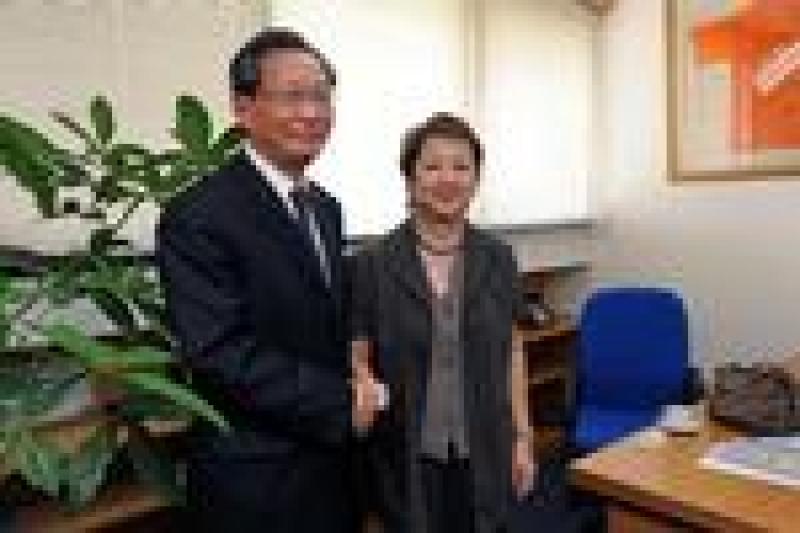

As 2009 drew to a close, the Peacebuilding Fund (PBF) launched new guidelines positioning it as a global, fast, relevant and catalytic funding tool supporting peacebuilding initiatives that make a difference in countries emerging from conflict.
The PBF was launched in 2006 to help national governments
As 2009 drew to a close, the Peacebuilding Fund (PBF) launched new guidelines positioning it as a global, fast, relevant and catalytic funding tool supporting peacebuilding initiatives that make a difference in countries emerging from conflict.
The PBF was launched in 2006 to help national governments build a lasting peace through strategic funding of peacebuilding needs. By the end of 2009, the PBF had proven itself as a global fund by supporting more than one hundred peacebuilding initiatives in Burundi, Central African Republic, Guinea-Bissau, Sierra Leone, Comoros, Côte d’Ivoire, Guinea, Liberia, Nepal, Democratic Republic of Congo, Haiti, Timor-Leste, Kenya, Comoros and Somalia.
Four countries (Burundi, Guinea-Bissau, Sierra Leone and the Central African Republic) are on the agenda of the Peacebuilding Commission, an intergovernmental body comprised of 31 members, which focuses international attention and resources on countries to prevent a relapse into violence. The remaining countries received funding after submitting suitable proposals through the senior UN representative in the country.
In 2010 the PBF will support peacebuilding efforts based on the revised guidelines adopted by the UN General Assembly in July 2008. Under the leadership of Judy Cheng-Hopkins who joined in September as the new Assistant-Secretary General for Peacebuilding Support and to who the Secretary-General has delegated overall Fund responsibility, the PBF will assess funding for peacebuilding projects that fall within one of the below four priorities:
Any of the four priorities can be applied for within two different funding facilities: the Immediate Response Facility
ASG Judy-Cheng Hopkins in Cote D'ivoire with the Special Representative of the Secretary-General to Cote d'Ivoire Mr. Y.J. Choi
(IRF) and the Peacebuilding and Recovery Facility (PRF). The IRF is designed to jumpstart peacebuilding and recovery needs in post conflict countries. It is a flexible and fast funding tool for single or multiple projects of up to one year in duration. Proposals submitted by the senior UN representative in country that meet the PBF’s criteria, can receive funding within three weeks.
The PRF is designed to support a more structured peacebuilding process, driven by national actors based on a joint analysis of needs with the international community. The PBSO establishes a country allocation based on the approved Priority Plan and delegates project approval authority to a country level Joint Steering Committee co-chaired by the national Government and the UN.
Funding for eligible countries is channeled through UN funds, agencies and programmes that have signed the MOU with the MDTF Office as the PBF Administrative Agent.
Of particular interest in 2010 are “catalytic” projects that can be “scaled up” into longer-term peacebuilding initiatives with either bilateral, multilateral or funds from international financial institutions such as the World Bank. The PBF will seek to measure this in the coming 12 months to learn how it can further consolidate its role in providing funding that makes a difference to long-term peacebuilding.
For more information on the PBC, the PBF and the PBSO, please see www.un.org/peace/peacebuilding.